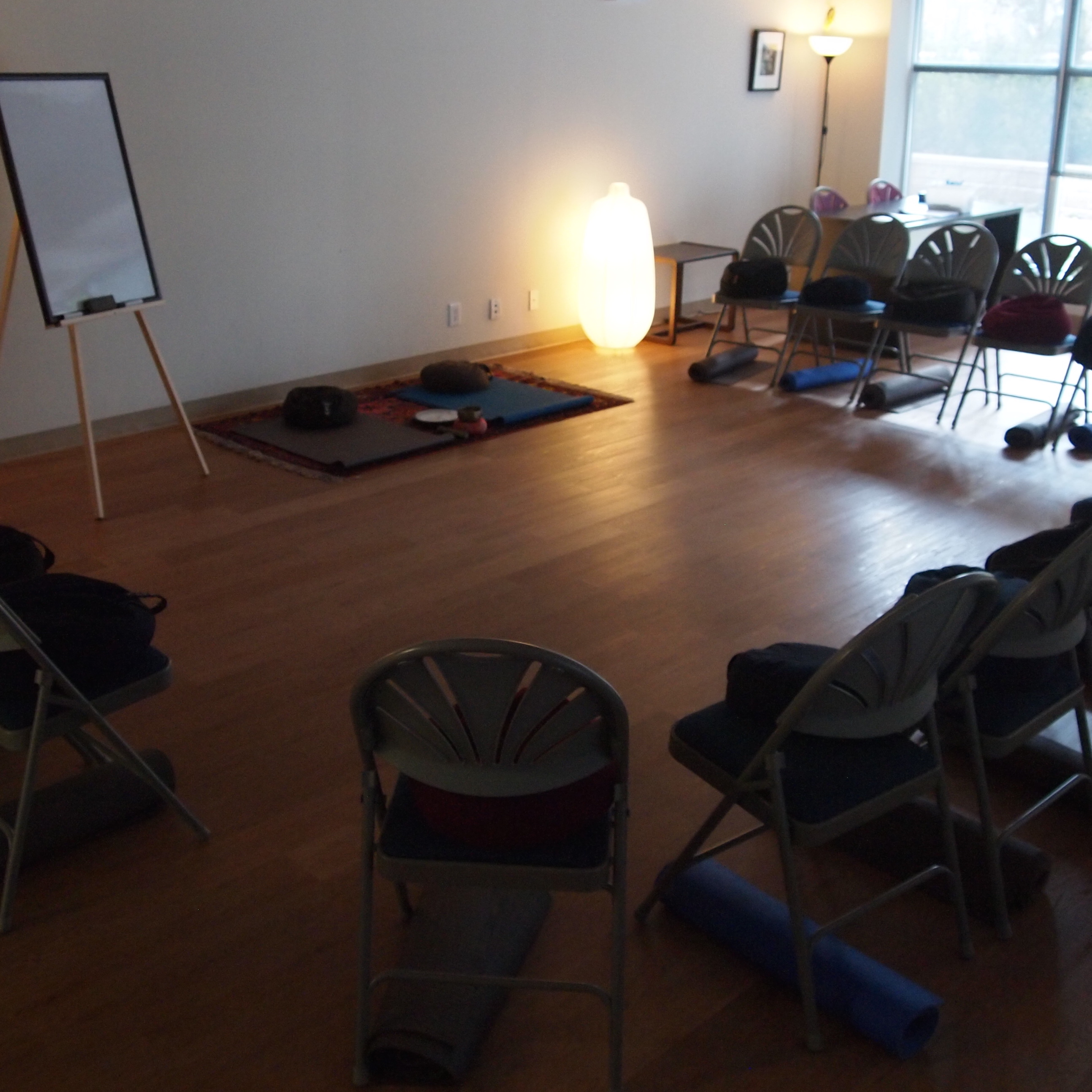If you are suffering from chronic pain, chances are you have also had to face chronic fatigue. Chronic fatigue leaves you feeling irritable, not well rested, and very tired. Many who live with chronic pain also suffer from chronic fatigue. Many may not even know it.
So what is chronic fatigue and why is it so closely connected to chronic pain?
Chronic fatigue is a state of being tired or weak even after a night of sleep. This state becomes chronic in nature if you have gone feeling tired and drowsy for a number of weeks.
Chronic fatigue and general sleepiness are quite different from one another. If someone is tired or sleepy from a lack of sleep or poor sleep the night before, then that is considered sleepiness. Fatigue is most often linked to a medical condition, such as chronic pain.
Chronic fatigue can stop you from fulfilling your usual tasks and chores for the day. It can make going to work or school very difficult. It can even cause concern for safety if you are spending a lot of time behind the wheel or operating heavy machinery. Living with chronic fatigue can also have a significant impact on your relationships with friends and family members who may not always fully understand chronic fatigue.
There are two general categories of chronic fatigue. There is chronic mental fatigue, and then there is chronic physical fatigue. Someone who is living with chronic pain can fall under either category or even both categories at the same time.
Chronic Mental Fatigue: Someone who suffers from chronic mental fatigue feels generally sleepy for the better part of the day. They may have difficulty focusing and absorbing new information. They may also have trouble with short-term memory. In the most severe cases, someone suffering from chronic mental fatigue may appear to have a significant decrease to their level of consciousness and can even appear to be intoxicated.
Chronic Physical Fatigue: If someone is suffering from chronic physical fatigue, the muscles in the body may seem generally weaker than normal. They may find simple, physical tasks such as climbing stairs or taking a walk more physically exhausting. They may find themselves exuding more energy and effort to do tasks that were once simple for them to complete.
For someone who is managing both chronic pain and chronic fatigue, it can be challenging to pinpoint the root cause of fatigue, especially if you are being prescribed medications to manage your symptoms. There are many components that are related to chronic pain that can contribute to chronic fatigue, the most obvious factor being the pain itself.
When you are in pain during the night, chances are it will be difficult for you to get restful sleep. Pain can make it difficult to fall asleep at the end of the day, even if you are exhausted. Pain can also cause frequent night waking due to movement once you have gotten to sleep and can make it difficult to fall back asleep.
People who suffer from fibromyalgia related pain, restless leg syndrome, chronic neck or back pain or other neuropathic pain syndromes are most likely to suffer from poor quality of sleep and frequent waking. Practicing good sleep hygiene can help those who are suffering from poor quality of sleep at night. Creating a nighttime routine along with the ideal sleeping conditions can help to retrain your body to falling asleep faster and for longer stretches. Talk to your primary care physician if you feel that your pain is preventing you from achieving good quality sleep.
Medications can also play a significant role in chronic fatigue. Many medications that are used to help manage chronic pain can also contribute to a state of ongoing fatigue. Medications such as steroids, narcotic medications, antidepressants and some medications to help treat anxiety can make falling asleep at night difficult. Some of these medications can also cause drowsiness throughout the day, leading to both mental and physical fatigue. Many of these medications are prescribed long-term, which can cause a chronic state of fatigue. If you feel that you medications may be causing you chronic fatigue, speak with your primary care physician about the alternatives that may be suitable for you.
Weight can also be a contributing factor to both chronic pain, as well as chronic fatigue. If you are overweight, studies have shown that you are more likely to suffer from chronic physical fatigue. You will require more energy to move if you are overweight which can leave you feeling physically tired and weak. Increased body mass will also play a role in your pain condition and more body mass can cause an increase in back pain, knee pain, arthritis related pain and increased inflammation. Sleep apnea and other sleep disturbances have also been connected to increased body weight, which can leave you feeling drowsy and tired in the morning.
Inactivity is also a cause of chronic fatigue, as well as chronic pain. It is not uncommon for those living with chronic pain to live in fear of regular physical activity. Our pain memory can keep us from utilizing the painful parts of our bodies. This however, will not help our pain condition. In fact, inactivity can lead to an increase in our pain level, a decrease in our ability to move about, as well as chronic mental and physical fatigue.
The less we use the muscles in our bodies, the weaker we become. Overtime, our muscles deteriorate, leaving our bones to hold up the weight of our bodies. This can be particularly painful for those who already suffer from arthritis, degeneration and inflammation.
As our muscles become weaker, it becomes more difficult for us to move, bend and twist our bodies. It then requires much more energy to move our bodies, making things like climbing stairs difficult and exhausting. Inactivity is linked to obesity and depression, both of which can cause physical and mental fatigue. By engaging in regular physical activity, in in 15 minute intervals 1-2 times a day, you will improve your range of motion, regain your muscle strength, and improve your quality of sleep. It is best to reserve your activity routine to the mornings and afternoons, as exercise too close to bed time has been known to make falling asleep right after difficult.
Lastly, mental health can also contribute to pain and chronic fatigue. Depression and anxiety are not uncommon in people living with chronic pain. Pain can change many aspects of your life, from your financial status to your employment, as well as your social and family life. Pain can change the way we feel and react to the world around us. Depression, as well as some medications used to treat depression can cause mental fatigue, a loss of joy in life, and a decrease in your motivation.
Depression and anxiety can also cause insomnia. Often times with depression and anxiety, the thoughts in our minds are racing so fast, it makes it difficult to process them one at a time. This can also make falling asleep and staying asleep difficult, leading to a chronic state of fatigue. If you feel as though you are suffering from depression, anxiety or chronic fatigue, talk to your primary care physician and collaborate with them to create a treatment plan that best suits you.
Chronic pain and chronic fatigue are closely linked, however they do not have to be. With the help of your physician and some modifications to your daily life, you can take back your days while maintain calm and restful nights.











